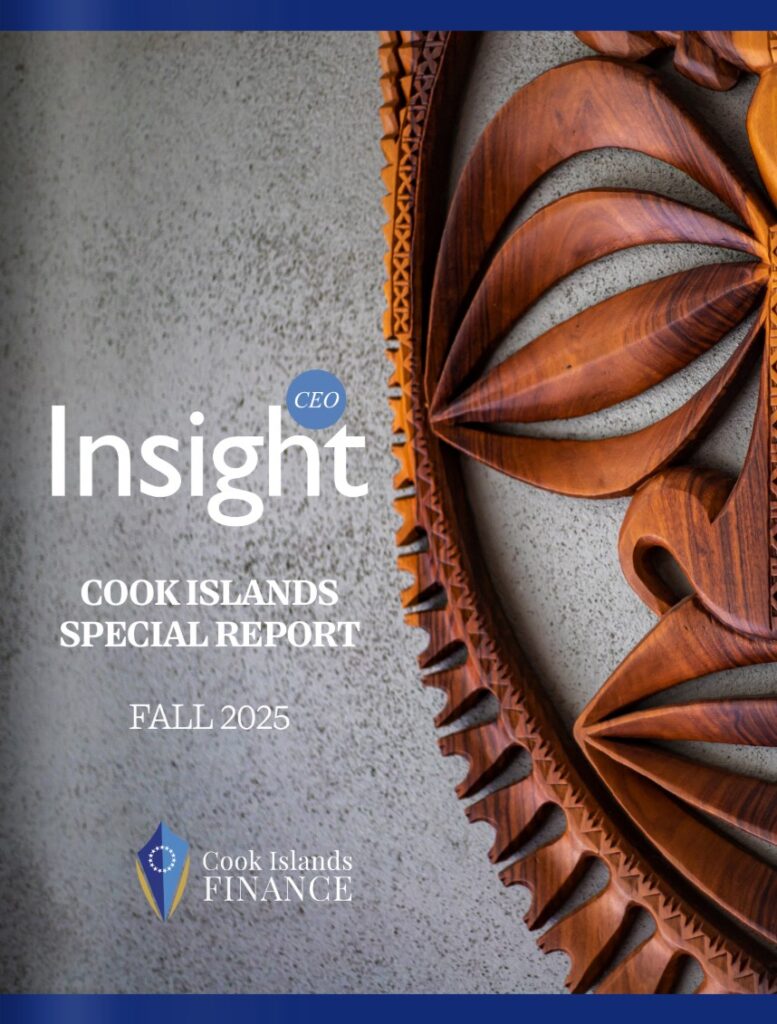
As the political movement to establish global transparency on tax matters continues, the confidentiality and privacy of one’s financial affairs remains uncertain.
Whilst offering legitimate confidentiality and privacy, trusts have become, after centuries of use, the traditional vehicle for wealth structuring for many other reasons – reasons that encompass personal, business and philanthropic objectives.
As governments across the world focus on automatic exchange of information resulting in the erosion of an individual’s right to privacy, it is timely to remind ourselves of the many other planning opportunities provided by trusts:
1. Succession planning
2. Avoidance of probate
3. Wealth protection
4. Pre-marital planning
5. Pre-migration planning
6. Philanthropy
For those wanting more active involvement in achieving their philanthropic objectives, a trust structured for charitable purposes can provide the ideal administrative and funding vehicle
Through a carefully constructed trust, settlors can retain elements of control over trust assets; obtain certainty as to how and when beneficiaries receive assets; protect assets from uncertain political and socio-economic climates; avoid forced heirship rules; and structure businesses to ensure effective management and corporate succession.
So, whilst confidentiality may no longer be assured, if a trust is established with tried and tested laws and an experienced and robust trustee, all other reasons for structuring and managing wealth through a trust remain as relevant as ever.
For more information on establishing a Cook Islands Trust contact one of our experienced, local trust companies here or download our Cook Islands trust information factsheets.





